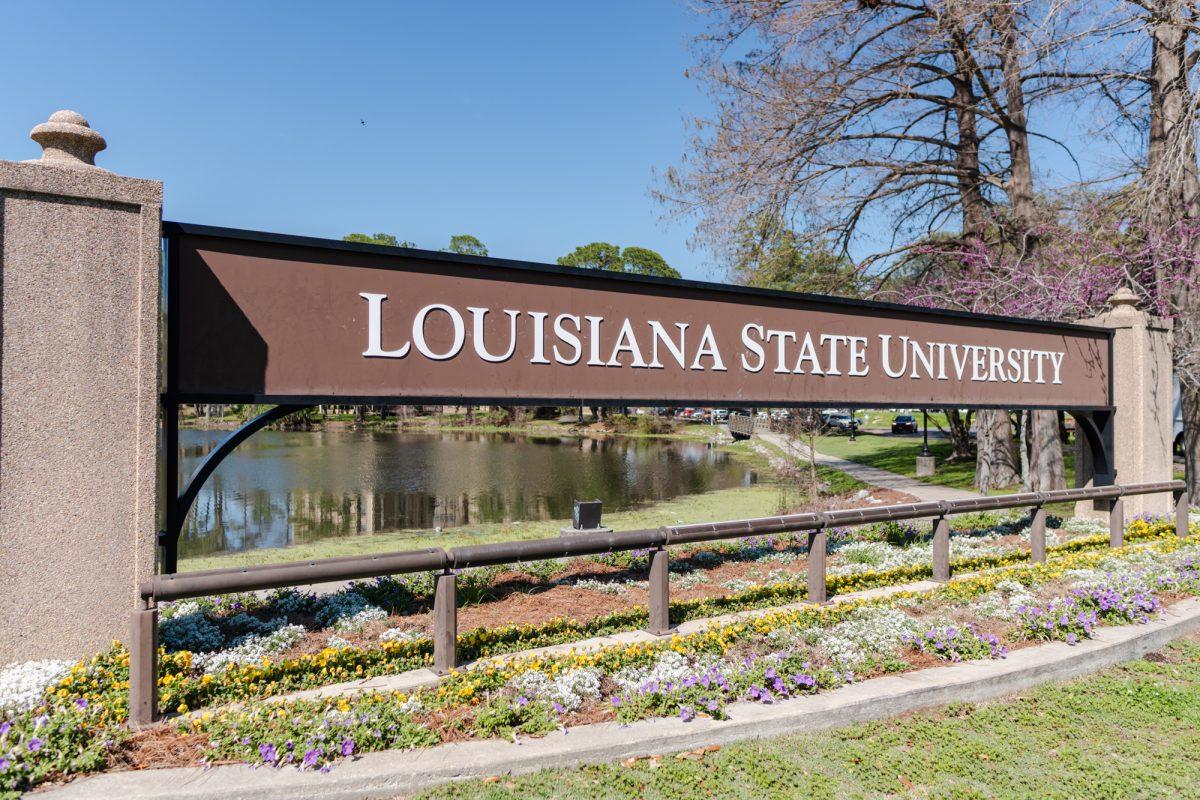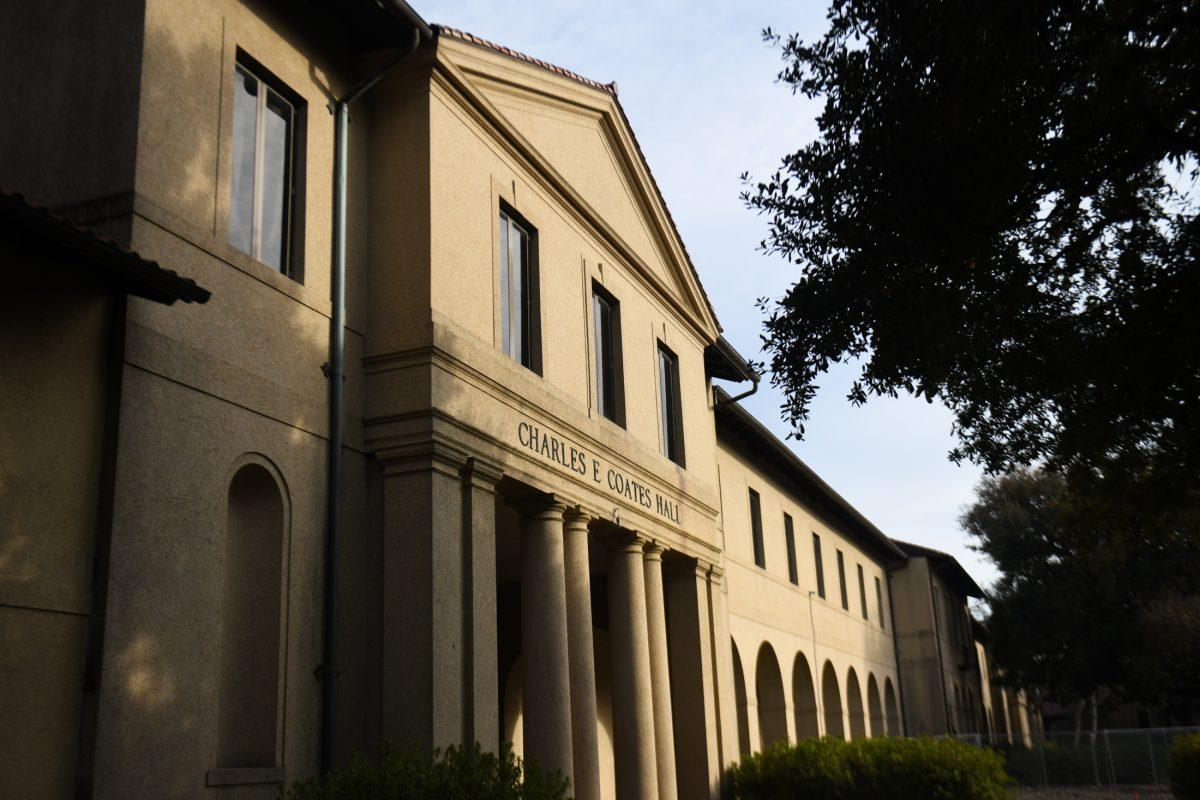Most students might only know the Faculty Technology Center as the place teachers go with problems navigating Moodle, but inside there are 3-D printers, Apple Watches and a staff ready to bring technology into the classroom.
“We kind of got that stigma of being a Moodle shop for so long,” said Academic Technology Services Director Buddy Ethridge. “It’s more the proactive than the reactive that we want to get. We want professors to come to us and say, ‘Hey, I want to do this in my course,’ so we can either help them immediately or find out how to do that.”
FTC is a division of Information Technology Services located on the first floor of Middleton Library. Its staff works with professors and researchers to integrate technology into classrooms and research labs.
Some of that help comes from one-on-one talks with teachers and professors, solving individual issues. Other times FTC hosts workshops to give faculty broad information on a particular topic, such as Moodle or Turnitin, the plagiarism detection software.
FTC has been in operation since 2008, and Ethridge said its most important task is helping professors bring their research into the classroom in a way students can understand.
“We’re a research institution. Many of the faculty members here are subject matter experts unquestionably, but many of them have not been taught pedagogy and how to teach,” Ethridge said. “We’re here to provide that guidance.”
FTC began an online teaching group two weeks ago to expand the resources for online and hybrid course teachers, said educational technology consultant Hala Esmail.
“I found that the most meaningful interactions are really when they are able to learn and share from each other,” Esmail said. “In teaching online, some instructors feel they are doing this all by themselves.”
The online cohort boasts more than 70 faculty, staff and graduate student members and has partnered with LSU Online and LSU Learning and Teaching Collaborative to promote the best practices in an online classroom, Esmail said.
“As the number of online courses and hybrid courses increase, there is that need for support to enhance these courses and properly develop,” Esmail said.
FTC also works with the Disability Services to promote accessibility and compliance for disabled students.
Part of FTC’s job is to point out to teachers what aspects of their class may be difficult for disabled students and how they may be improved by technology, Ethridge said.
“That collaboration between other units and other departments at LSU really helps us in joining forces and getting some of these initiatives done,” Esmail said.
Ethridge said his department is always buying and testing new technologies and researching how to use them in the classroom.
There also is a focus on promoting technology outside the classic STEM fields, Ethridge said, and bringing them into the liberal arts and other curriculums.
“It rapidly evolves. What we work on now is vastly different than what we worked on eight years ago when we first opened,” Ethridge said. “So many things are happening across the campus, across the country and across the world that we try to keep our fingers on the pulse. Faculty members come in here with brilliant ideas things that we haven’t thought of, so it’s a great way to share peer knowledge.”
Faculty Technology Center offers faculty support beyond Moodle
November 30, 2015
More to Discover







